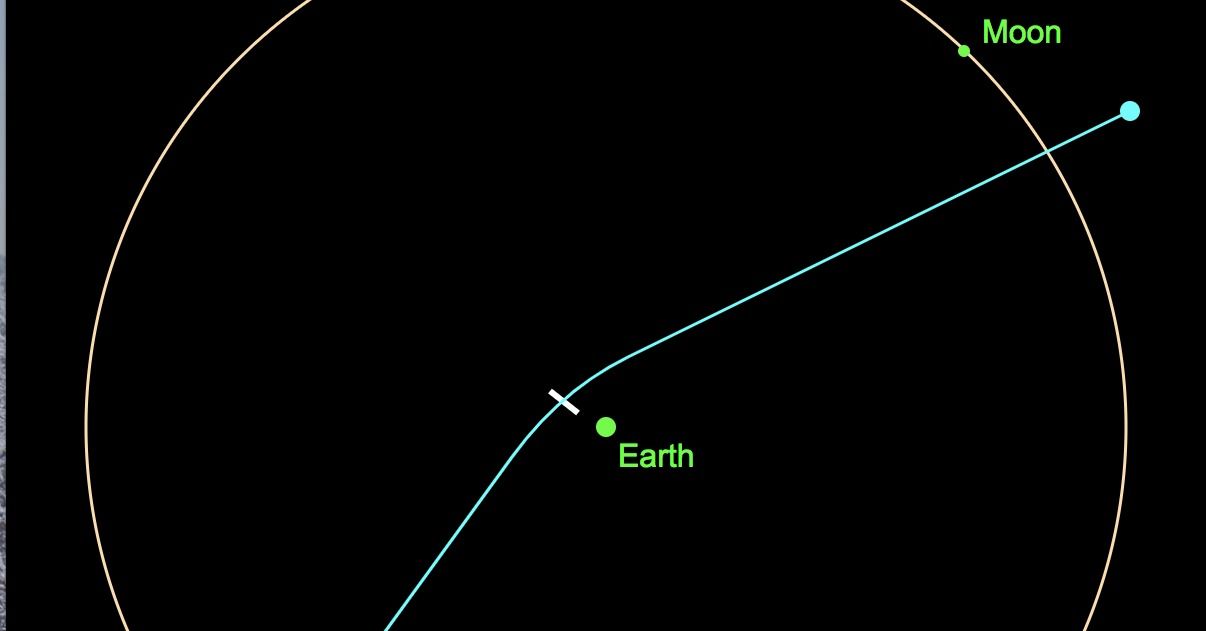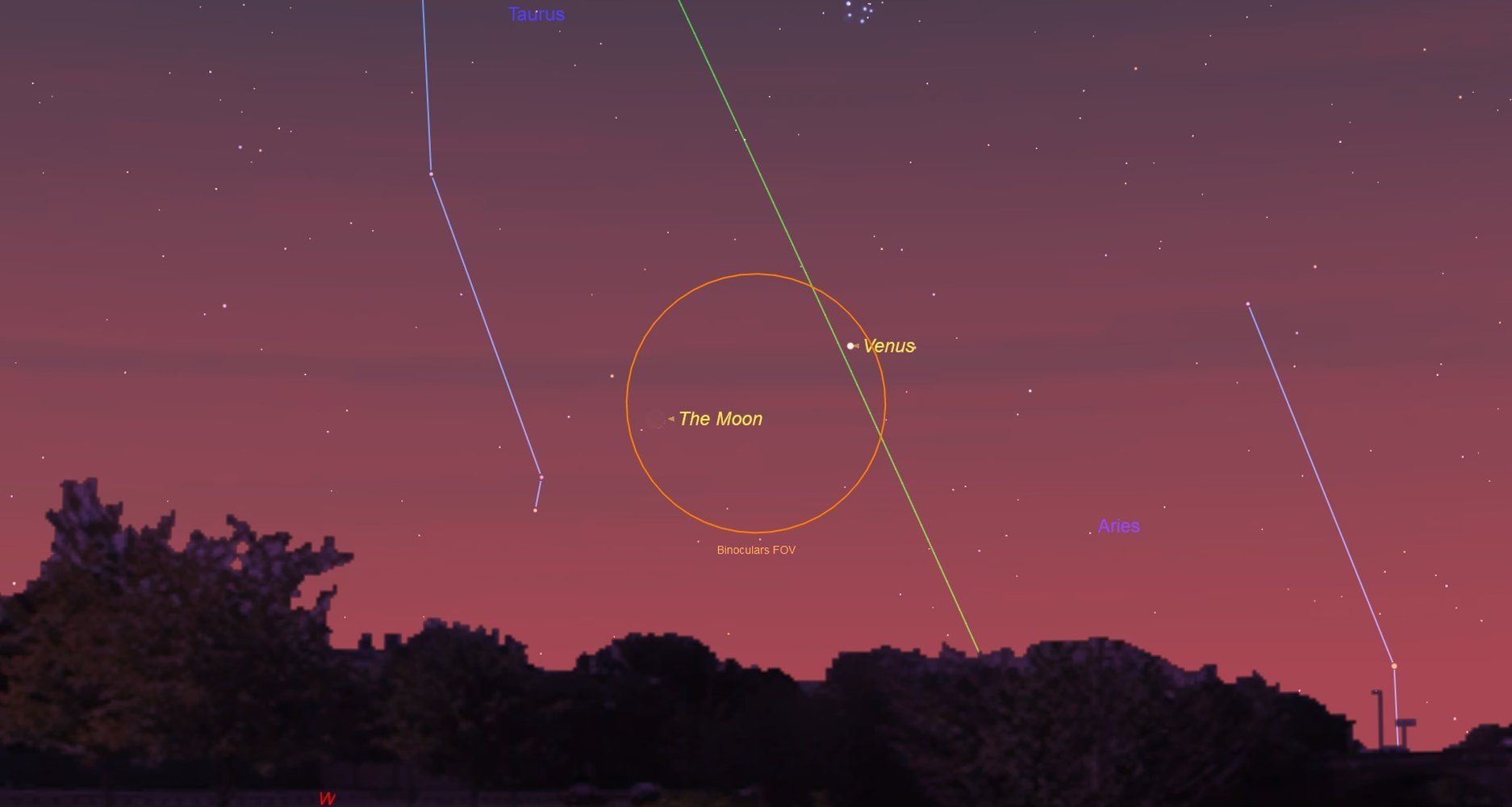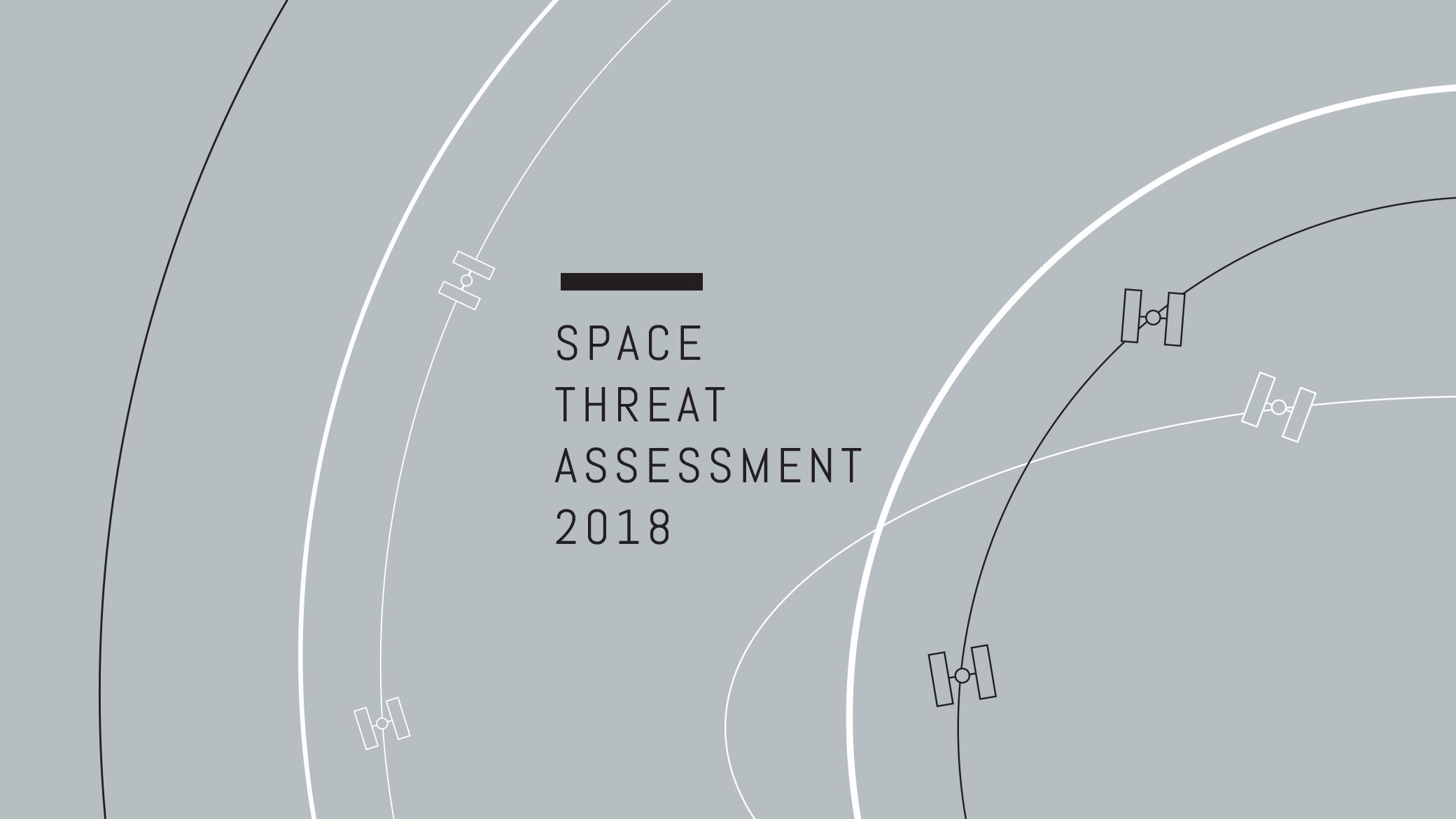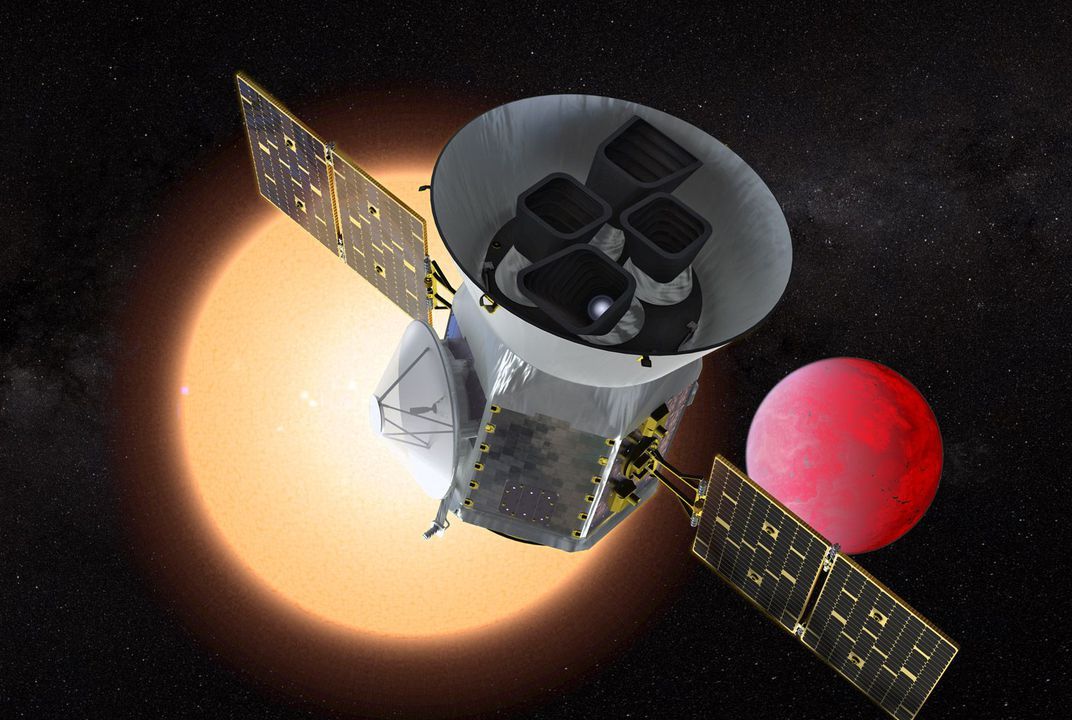Archive for the ‘space’ category: Page 881
Apr 15, 2018
The Next Time Friday The 13th Happens In April, It Will Come With A Big Asteroid
Posted by Alberto Lao in category: space
The next time Friday the 13th happens in April, in 2029, it will coincide with the flyby of a large asteroid that will only narrowly miss Earth. “It’s the cosmic equivalent of buzzing the treetops,” said one expert.
BuzzFeed News Reporter
Reporting From
Apr 14, 2018
Venus Visits Night Sky This Month: How to See It
Posted by Genevieve Klien in category: space
Apr 14, 2018
New Trojan Malware Could Mind-Control Neural Networks
Posted by Klaus Baldauf in categories: cybercrime/malcode, Elon Musk, robotics/AI, space
Each new technological breakthrough comes seemingly prepackaged with a new way for hackers to kill us all: self-driving cars, space-based weapons, and even nuclear security systems are vulnerable to someone with the right knowledge and a bit of code. Now, deep-learning artificial intelligence looks like the next big threat, and not because it will gain sentience to murder us with robots (as Elon Musk has warned): a group of computer scientists from the US and China recently published a paper proposing the first-ever trojan for a neural network.
Neural networks are the primary tool used in AI to accomplish “deep learning,” which has allowed AIs to master complex tasks like playing chess and Go. Neural networks function similar to a human brain, which is how they got the name. Information passes through layers of neuron-like connections, which then analyze the information and spit out a response. These networks can pull off difficult tasks like image recognition, including identifying faces and objects, which makes them useful for self-driving cars (to identify stop signs and pedestrians) and security (which may involve identifying an authorized user’s face). Neural networks are relatively novel pieces of tech and aren’t commonly used by the public yet but, as deep-learning AI becomes more prevalent, it will likely become an appealing target for hackers.
The trojan proposed in the paper, called “PoTrojan,” could be included in a neural network product either from the beginning or inserted later as a slight modification. Like a normal trojan, it looks like a normal piece of the software, doesn’t copy itself, and doesn’t do much of anything… Until the right triggers happen. Once the right inputs are activated in a neural network, this trojan hijacks the operation and injects its own train of “thought,” making sure the network spits out the answer it wants. This could take the form of rejecting the face of a genuine user and denying them access to their device, or purposefully failing to recognize a stop sign to create a car crash.
Continue reading “New Trojan Malware Could Mind-Control Neural Networks” »
Apr 14, 2018
China could become a major space power by 2050
Posted by Klaus Baldauf in categories: robotics/AI, space
China’s comprehensive space plans—including launches, robotic moon bases, and interplanetary manned missions—will make the country a major space power by 2050.
CSIS space experts complied open-source information on the counterspace capabilities and activities of other nations, focusing on China, Russia, Iran, and North Korea. Here’s what they found: cs.is/2Hv4fil
Apr 13, 2018
The Next Generation Exoplanet Hunter Launches Monday
Posted by Genevieve Klien in category: space
Apr 12, 2018
US astronaut sends Holocaust remembrance message from space
Posted by Genevieve Klien in category: space
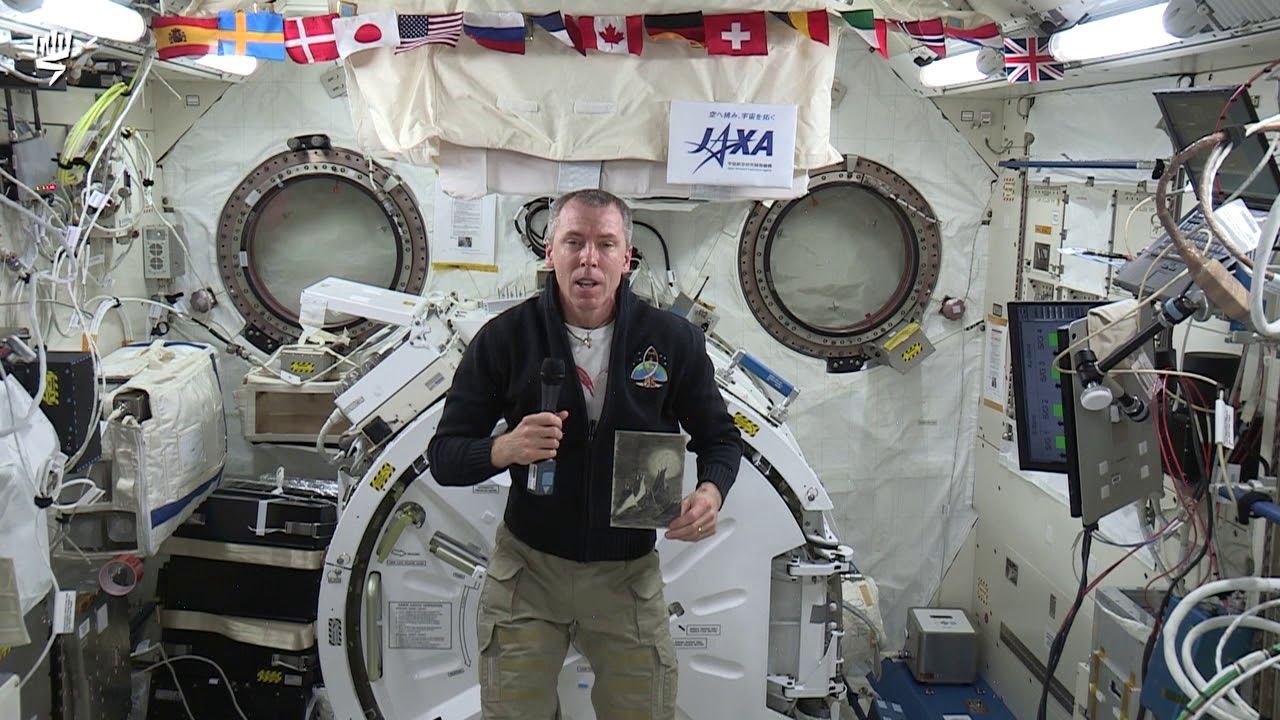
American astronaut Andrew “Drew” Feustel recorded a video message aboard the International Space Station commemorating Holocaust Remembrance Day.
In the video released on Thursday, the NASA geophysicist, who is not Jewish, displayed a replica of a drawing titled “Moon Landscape” by Petr Ginz, a Czech teen with Jewish roots who was killed at Auschwitz. Feustel, who received the drawing from the Yad Vashem Holocaust museum in Jerusalem, noted that late Israeli astronaut Ilan Ramon had brought a replica of the very same drawing with him on board the Space Shuttle Columbia in 2003.
Continue reading “US astronaut sends Holocaust remembrance message from space” »
Apr 12, 2018
ARA Develops Lightweight Laser Weapon System
Posted by Klaus Baldauf in categories: drones, energy, military, space
ALBUQUERQUE, NM – Applied Research Associates, Inc. (ARA) is developing a compact, completely self-contained directed-energy weapon that is the first of its size and specifications, making it a standout from existing systems.
The Silent Saber is high power, 1.5 kilowatt fiber laser packaged in a backpack with power supplies and a unique thermal control system. A telescope with multiple potential mounting configurations can be mounted to existing Picatinny rails of a soldier’s rifle, and a laser is connected to the telescope by a fiber cable.
“This tool provides options to the warfighter to support explosive ordnance disposal, counter infrastructure and counter drone missions,” said Principal Engineer Joseph Paranto, ARA’s Director of Directed Energy Systems.
Apr 12, 2018
Holey moly! Three holes have burst open on the sun hurtling geomagnetic storms towards Earth
Posted by Genevieve Klien in category: space
Will lead to very interesting weather.
The sun just developed three new holes – with a spectrum of effects expected.

